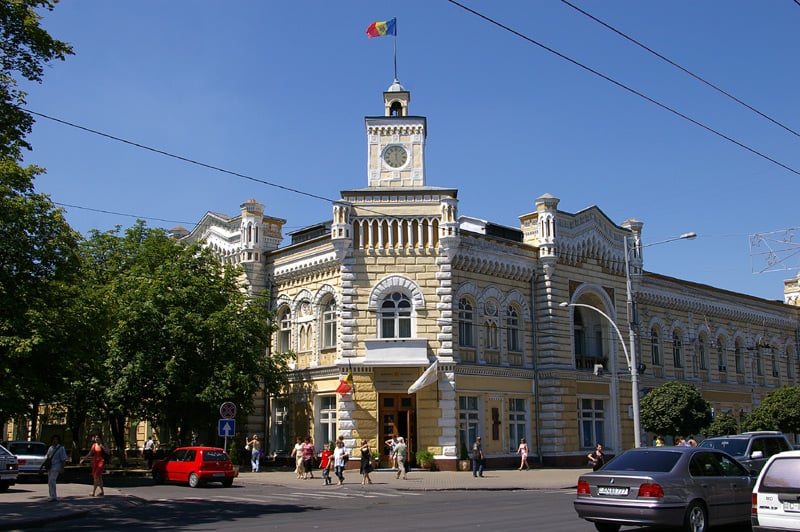Moldova is a small country in Eastern Europe, nestled between Romania and Ukraine. It spans a total of 33,483 km2 (13,067 sq. mi) and has a population of approximately 2.5 million. The country is highly appreciated and recognised for its strong tradition of hospitality, where locals desire to share and take good care of their guests. This appreciation is also due to the country’s natural landscapes. Chisinau, Moldova’s biggest city, serves as its capital.
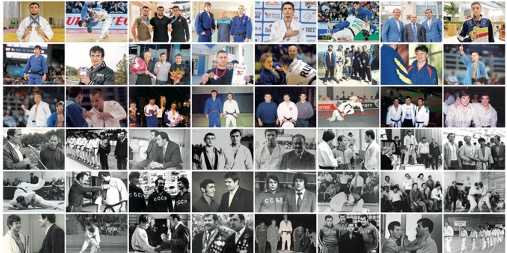
The Moldavian Judo Federation was founded on the 14th of December 1992. It consists of more than 40 clubs and includes around 2500 judo licenses, a number that continues to grow. Despite the modest population size, judo in Moldova has a rich history and has produced world and European champions, as well as medallists in all age categories, including participants at the Olympic Games. Since 2018, the Federation has successfully implemented the project “Judo in schools” in 10 institutions, which is considered a major step in developing and promoting judo among young generations.
Athletes from the Union of Soviet Socialist Republics (USSR), starting in 1961, gained the right to participate in competitions organised by the International Judo Federation (IJF) and European Judo Union (EJU). Initially, they represented sambo, a martial art closely related to judo. In a short period of time, in 1966, the USSR team made its debut at the European Judo Championship held in Luxembourg, where Gheorghe COTIC achieved a remarkable feat by winning the bronze medal, becoming the first judoka from Moldova to earn a medal on international stage. The following year, in 1967, at the European Judo Championship in Italy, Vasili USIC secured a European bronze medal, becoming the second Moldovan judoka to achieve such a prestigious accomplishment.
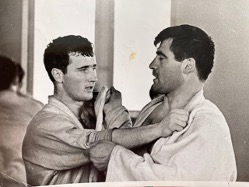
Gheorghe COTIC
First European Judo Championship medallist, Luxembourg, 1966 (-80 kg).
Vasili USIC
Bronze medalist at the European Judo Championship (1967), gold medalist at the Tbilisi International Tournament and 5th place at the World Judo Championship in Germany, both in 1971.
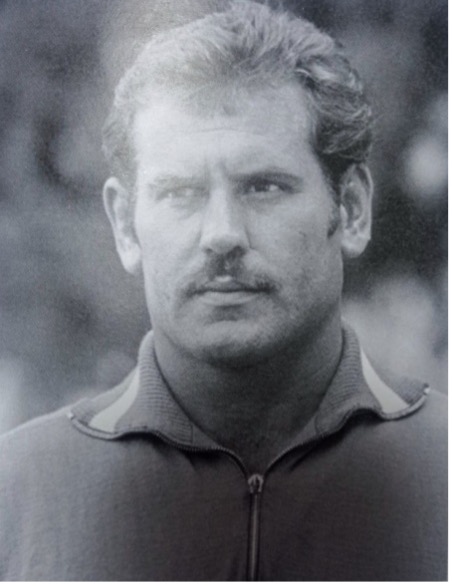
Since its formation in 1992, the Moldova Judo Federation has transformed the Republic of Moldova into a small country with immense talent. The impressive results achieved over the years have written true pages in the history of judo.
| Olympic Games – Best result: 5th place – Victor BIVOL, -73kg, Athens 2004 Olympians: Tokyo 2020: Denis VIERU -66kg, Victor STERPU -73kg Rio 2016: Valeriu DUMINICA -81kg London 2012: Sergiu TOMA -81kg, Ivan REMARENCO -90kg Beijing 2008: Sergiu TOMA -81kg Athens 2004: Victor BIVOL -73kg Sydney 2000: Victor BIVOL -66kg, Victor FLORESCU -90kg Atlanta 1996: Andrei GOLBAN -71kg, Oleg CRETUL -78kg |
| World Championships Total Senior World Medals: 5 Junior World Champions: 1 Cadet World Champions: 1 Veteran World Champions: 4 Kata World Championships: not competed |
| European Champions Total Senior European Championships medals: 9 Gold Medalists: Victor STERPU -73kg, Denis VIERU -66kg First ever European Championships Gold Medalist: Victor STERPU -73kg, 2020 U23 European Champions: 5 Junior European Champions: 2 Veteran European Champions: 5 Kata European Champions: not competed |
Who is who?
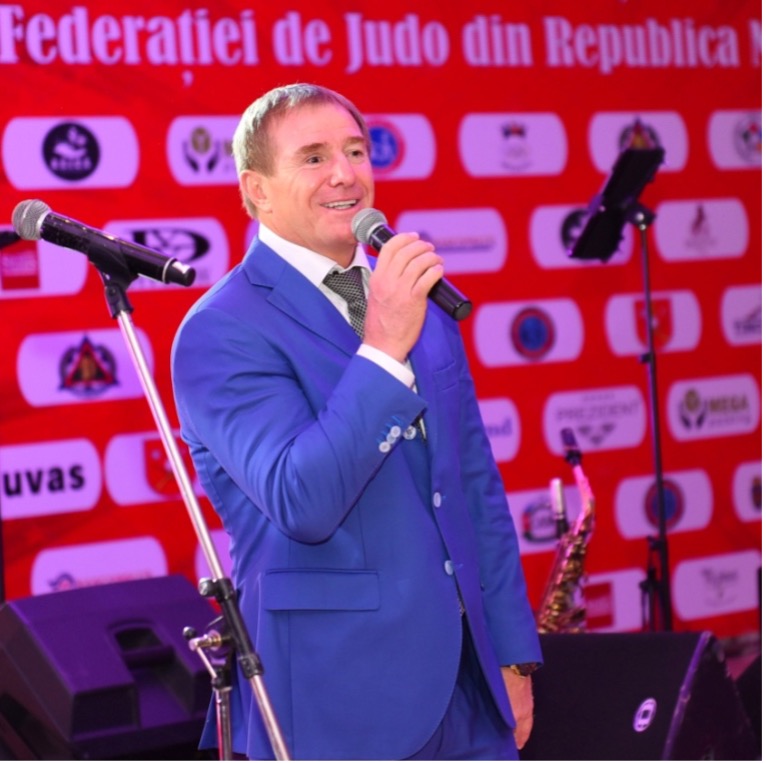
Andrei GOLBAN is the President of the Moldova Judo Federation. He won a silver medal at the European Championships in Oviedo in 1998, -65kg. He competed at the Olympic Games in Atlanta. Andrei Golban is proof of the absolute confidence and recognition of his merits for the progress that the judo community has achieved under his leadership.
Victor FLORESCU, former -90kg Moldovan judoka, competed at the Sydney 2000 summer Games. He won a silver medal at the 1999 World Judo Championships which is the best result for Moldova at the worlds, to date. He is the Vice-President of the Moldova Judo Federation and actively working for the International Judo Federation (IJF).
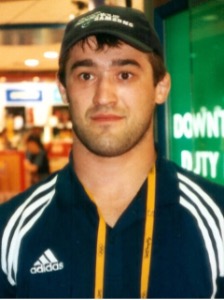
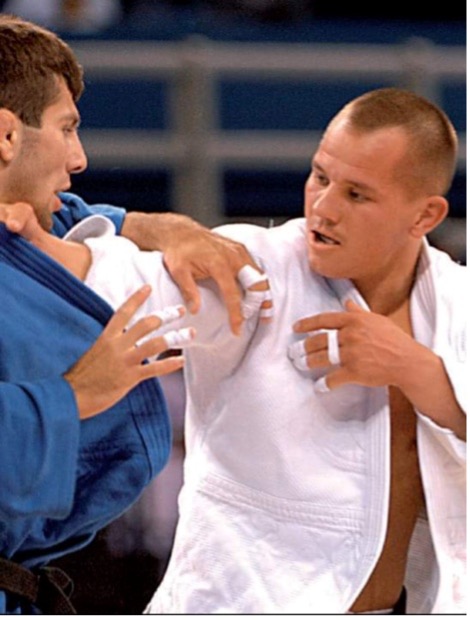
Victor BIVOL is 1997 world bronze medalist and 5th at 2004 Athens Olympic Games.
Denis VIERU is one of the most dynamic and exciting judoka on the World Judo Tour, and he is appointed two consecutive years as world ranked leader in the -66kg category.
He won the European title in 2023 in Montpellier, captured bronze at the 2019 (Tokyo) and 2022 (Tashkent) world championships. Vieru has an immense list of IJF World Tour medals, including 2022 World Masters gold. Vieru was awarded the “EJU Fair Play Award” in 2023.
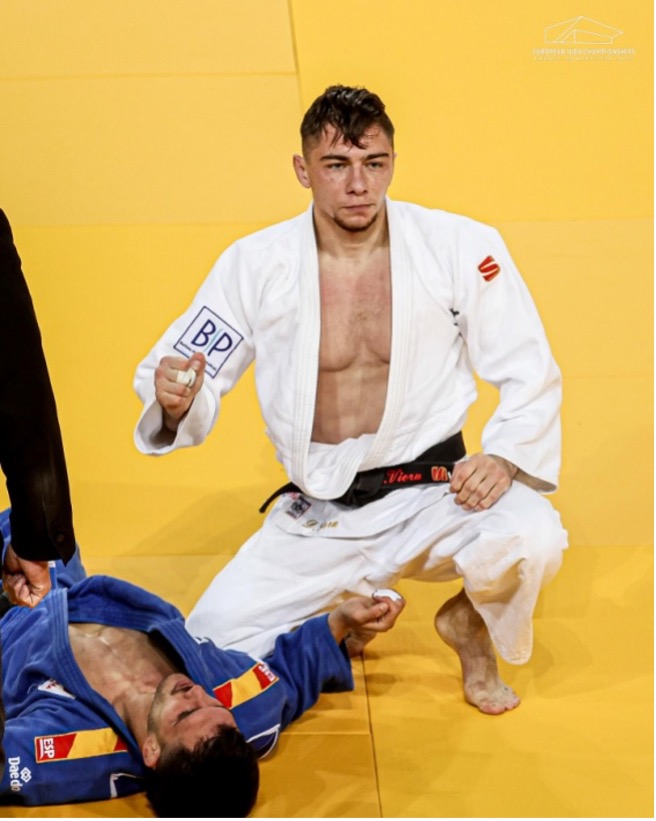
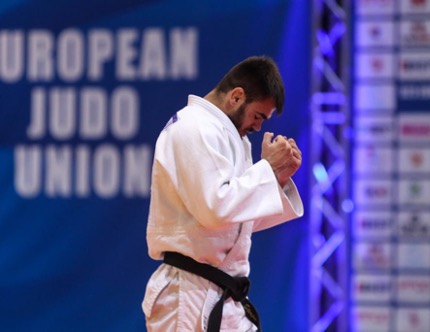
Victor STERPU took the first ever European senior title for his country in 2020 in Prague. A week before that, he claimed the U23 European title in Porec. As a junior, he won a European title in 2019 in Vaantaa. He also captured a bronze medal at the Junior World Championships in Marrakech in 2019. Sterpu also has almost a handful of IJF World Tour medals.
Mihail LATISEV, master of counter attacks, became junior world judo champion (2022) and designated by EJU as “The Best European Junior Male judoka of 2022”. Within the same year, he bagged a bronze medal at the Abu Dhabi Grand Slam and also took bronze at the Portugal Grand Prix a few months later, in 2023.
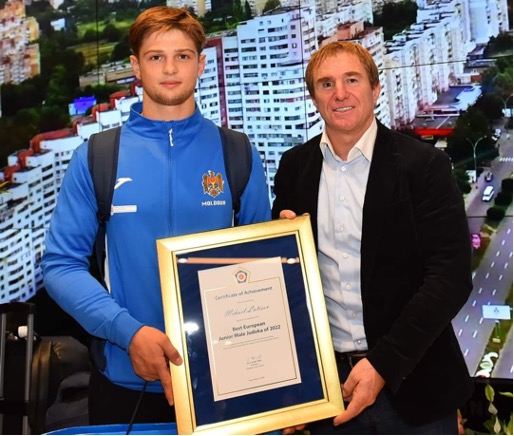
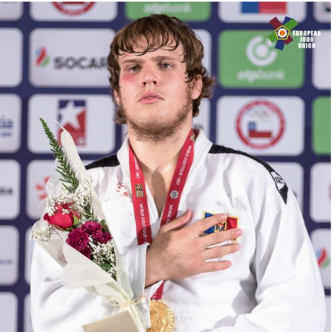
Eugen MATVEICIUC took the Cadet World title in 2017 in Santiago de Chile. He won bronze at the cadet Europeans in 2017 in Kaunas. He claimed #1 spot among cadets -81kg in 2017.
The remarkable achievements and rich history of judo in the Republic of Moldova were shaped by the “spiritual parents” and true masters of the sport. These individuals include Andrei DOGA, Valentin GUTU, Vasile LUCA, Vasile COLTA and Mihail CIUDIN.
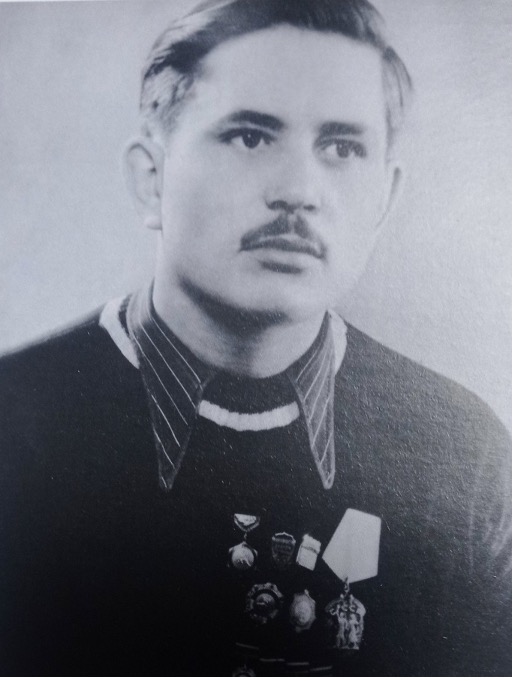

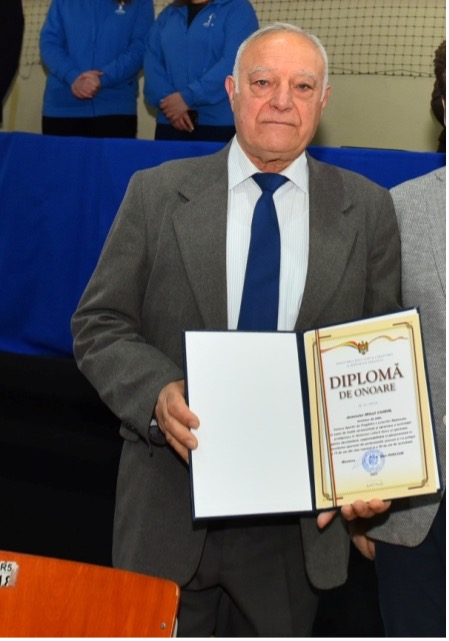
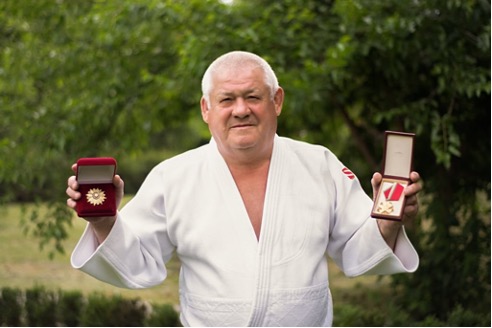
The Moldovan team continues to show their merit around the world and undoubtedly, there will be more and more top act athletes claiming essential titles in the years to come. Felicitări!
Off the mat… Did you know?
- Underground Wine City: Moldova is home to the largest underground wine cellar in the world, known as the Mileștii Mici. It stretches over 200 kilometres and holds an impressive collection of around 2 million bottles of wine.
- Moldova is one of the world’s largest exporters of walnuts. The local climate and soil conditions are ideal for growing walnuts. They are widely used in the local cuisine, and sweet cakes with walnut filling are very popular.
- Unique Flag: Moldova’s flag is the only national flag in the world to feature the image of a traditional agricultural tool, the “aurochs head.” It symbolizes the country’s agricultural heritage and connection to the land.
- Transnistria: Moldova is a landlocked country, but it has a breakaway region called Transnistria. Transnistria declared independence from Moldova in 1990 but is not recognized as an independent state by the international community.
- Diverse Cuisine: Moldovan cuisine is a blend of various influences, including Romanian, Russian, Ukrainian, and Turkish. Traditional dishes like mamaliga (cornmeal porridge), placinte (stuffed pastries), and sarmale (stuffed cabbage rolls) are popular in Moldova.
Images: National Judo Federation of Moldova
Author: Szandra Szogedi



